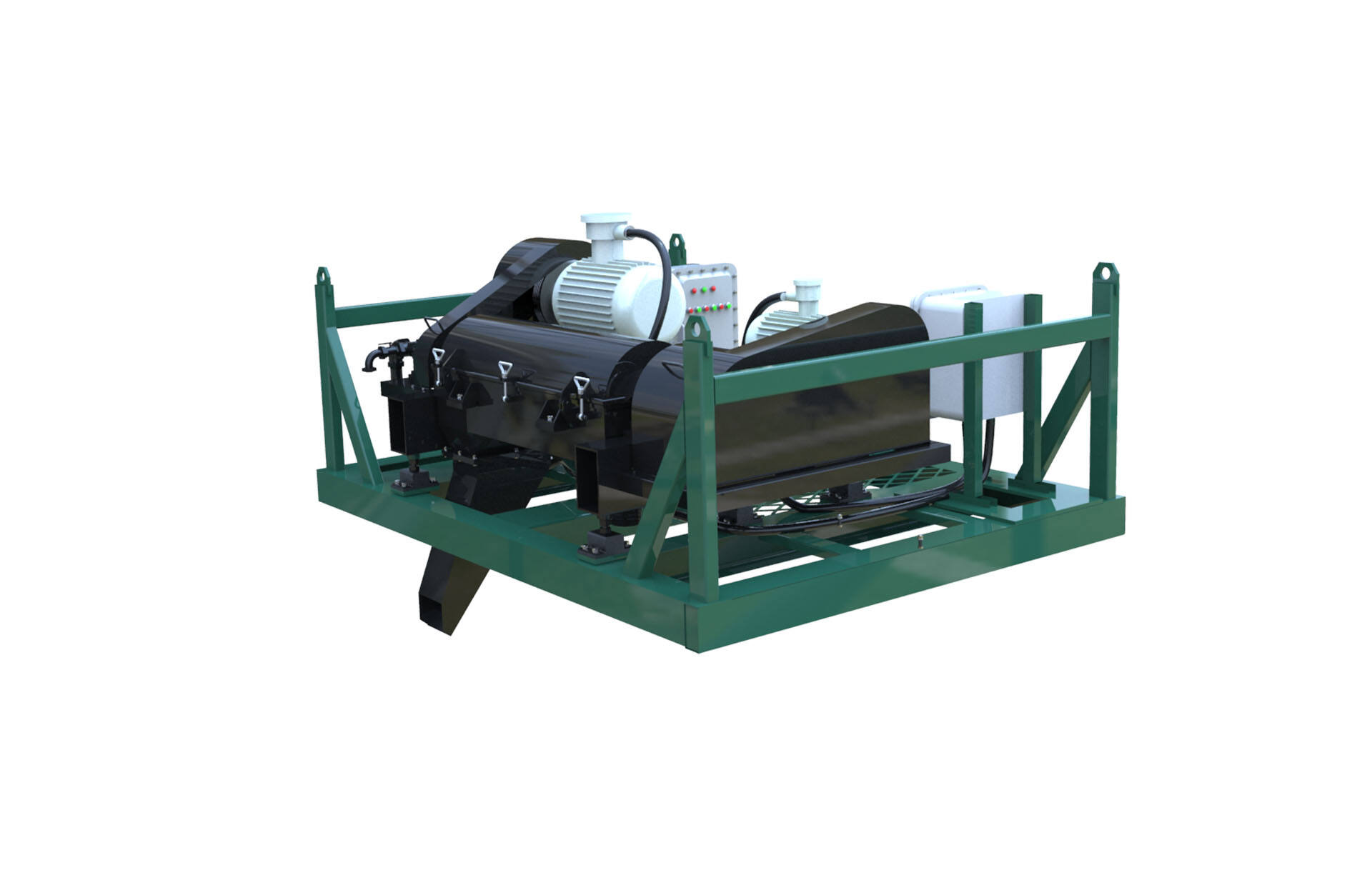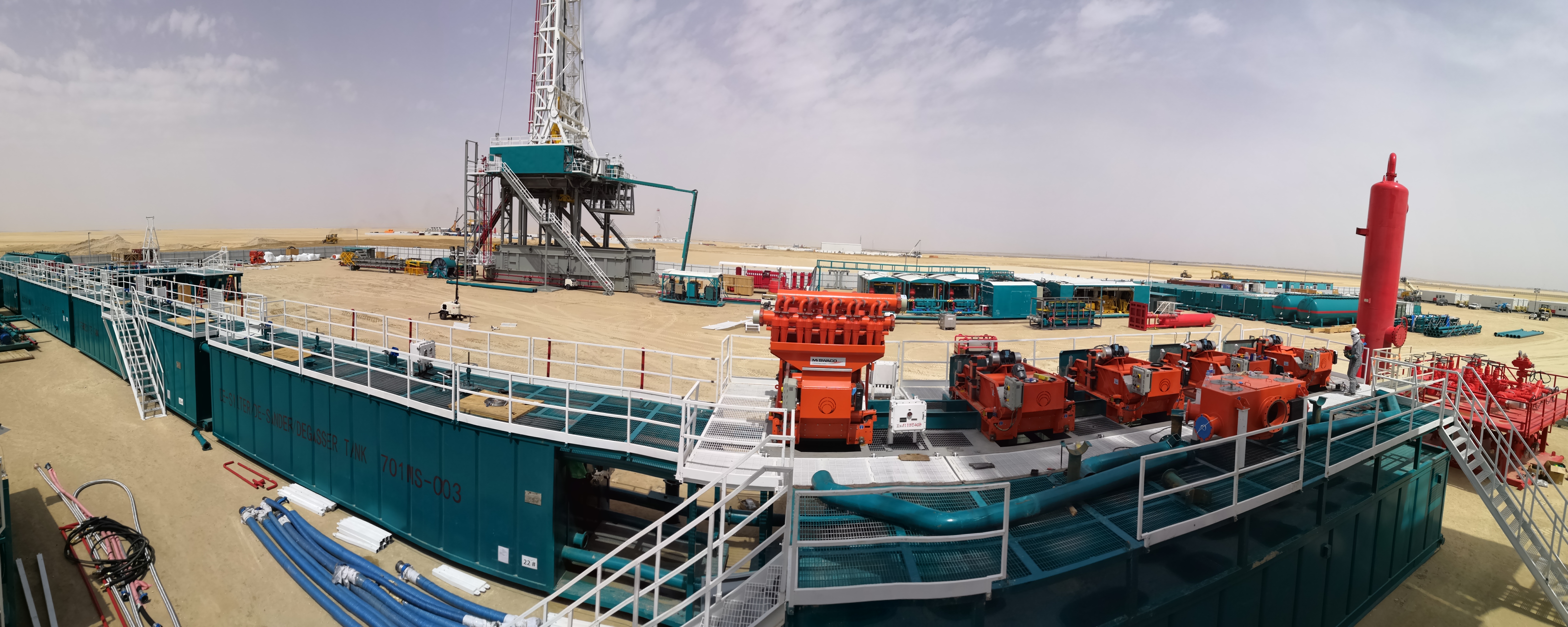sludge treatment
Sludge treatment represents a critical environmental management process that transforms waste materials into valuable resources. This comprehensive treatment system encompasses multiple stages, including thickening, stabilization, dewatering, and final disposal or reuse. The process begins with preliminary treatment where large debris is removed, followed by thickening operations that reduce water content through gravity or mechanical means. Advanced technologies such as anaerobic digestion break down organic matter while producing biogas, which can be harnessed for energy production. The system employs sophisticated dewatering equipment, including belt filter presses, centrifuges, or screw presses, to achieve optimal solid content levels. Modern sludge treatment facilities incorporate automated control systems, ensuring precise management of chemical dosing, temperature regulation, and process timing. The treated end product can be utilized in various applications, from agricultural fertilizers to construction materials, demonstrating the versatility of properly processed sludge. Environmental monitoring systems continuously track treatment effectiveness, ensuring compliance with regulatory standards while maximizing resource recovery potential.

